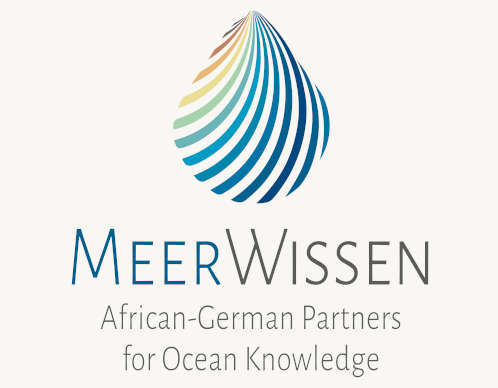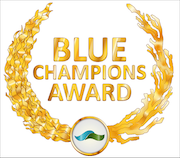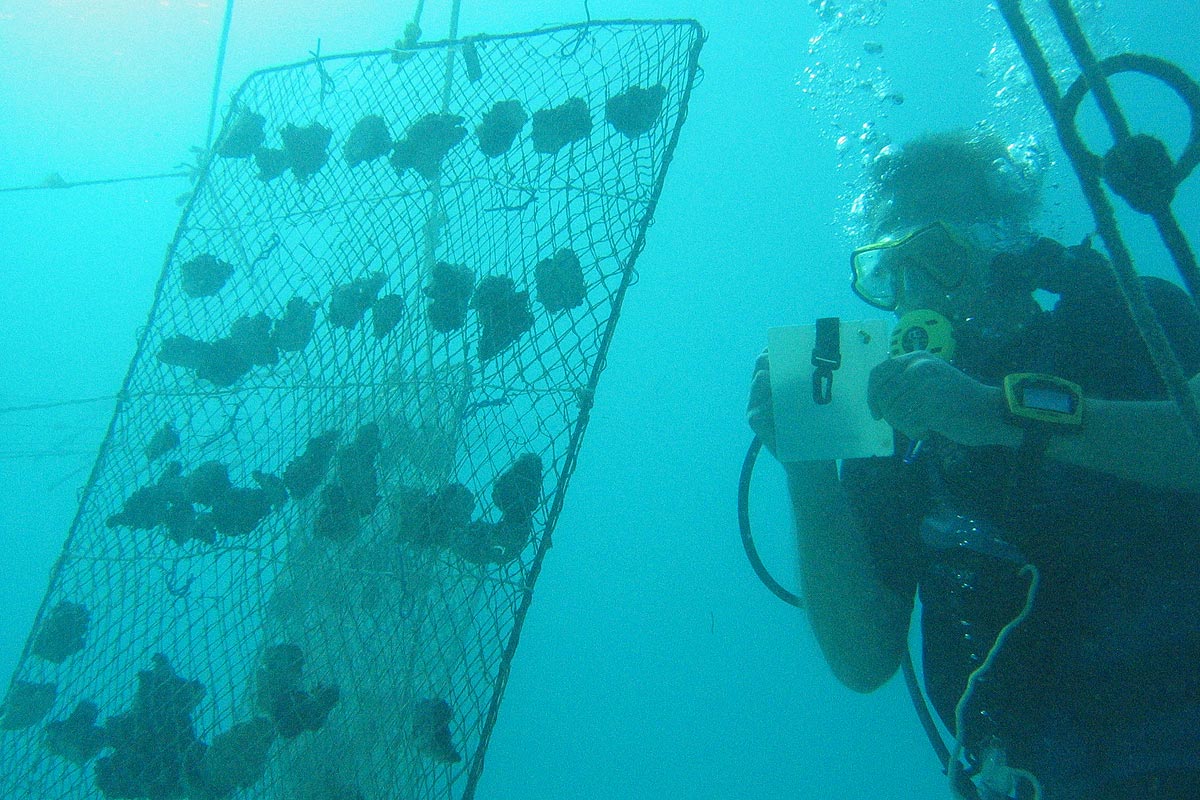marinecultures.org to join MeerWissen project in 2023
06.07.2022
An international project supported by MeerWissen is scheduled to start in 2023. The project titled “Nature-based solutions to mitigate watershed pollution (SOMWAT): cross-habitat facilitation through coastal seagrass beds” aims to assess the status of tropical (Zanzibar) and temperate (South Africa) seagrass reef ecotones, and in particular the role of seagrass meadows in reducing watershed pollution by removing nutrients, pollutants, and pathogens to natural reef habitats and aquaculture.
Seagrasses are known for their ability to reduce human-induced pollution such as increased nutrient levels and pathogens from the water column. As such, they indirectly promote the resilience of connected coastal habitats such as sponge gardens or coral and shellfish reefs. However, the ability of seagrass beds to reduce the impacts of emerging contaminants has not yet been studied. Understanding the potential of seagrass beds to counteract these impacts will be of great benefit to the management of adjacent reef areas. This, in turn, will also benefit local communities that rely on these habitats for their ecosystem goods and services.
MeerWissen was initiated in 2018 by the German Federal Ministry for Economic Cooperation and Development (BMZ) to provide policymakers with the scientific information they need to make informed decisions for the effective management and protection of Africa's oceans and coasts.
In particular, MeerWissen supports research projects that have a clear link to needs in the implementation region and a strategy for increasing the chances that their results will inform decision and policy making.
Our project includes Institutes from Germany, South Africa, and Zanzibar/Tanzania, as well as several local stakeholders such as marinecultures.org. It comprises internationally recognized laboratories with a long history of transdisciplinary research and access to case studies of coastal ecosystems exposed to different types of climate change and different types of regional and national ecosystem management.
Our partners:
- Institut für Küsten- und Meeresforschung (CMR), Nelson Mandela Universität, Gqeberha/ Port Elizabeth, Ostkap, Südafrika (ZA)
- Das Institut für Meereswissenschaften (IMS), Universität Dar es Salaam, Buyu, Sansibar, Tansania (TZA)
- Carl von Ossietzky Universität Oldenburg, Deutschland
- Helmholtz-Institut für Funktionelle Marine Biodiversität an der Universität Oldenburg (HIFMB-UOL), Ammerländer Heerstr 231, 26129 Oldenburg, Deutschland (DE)



